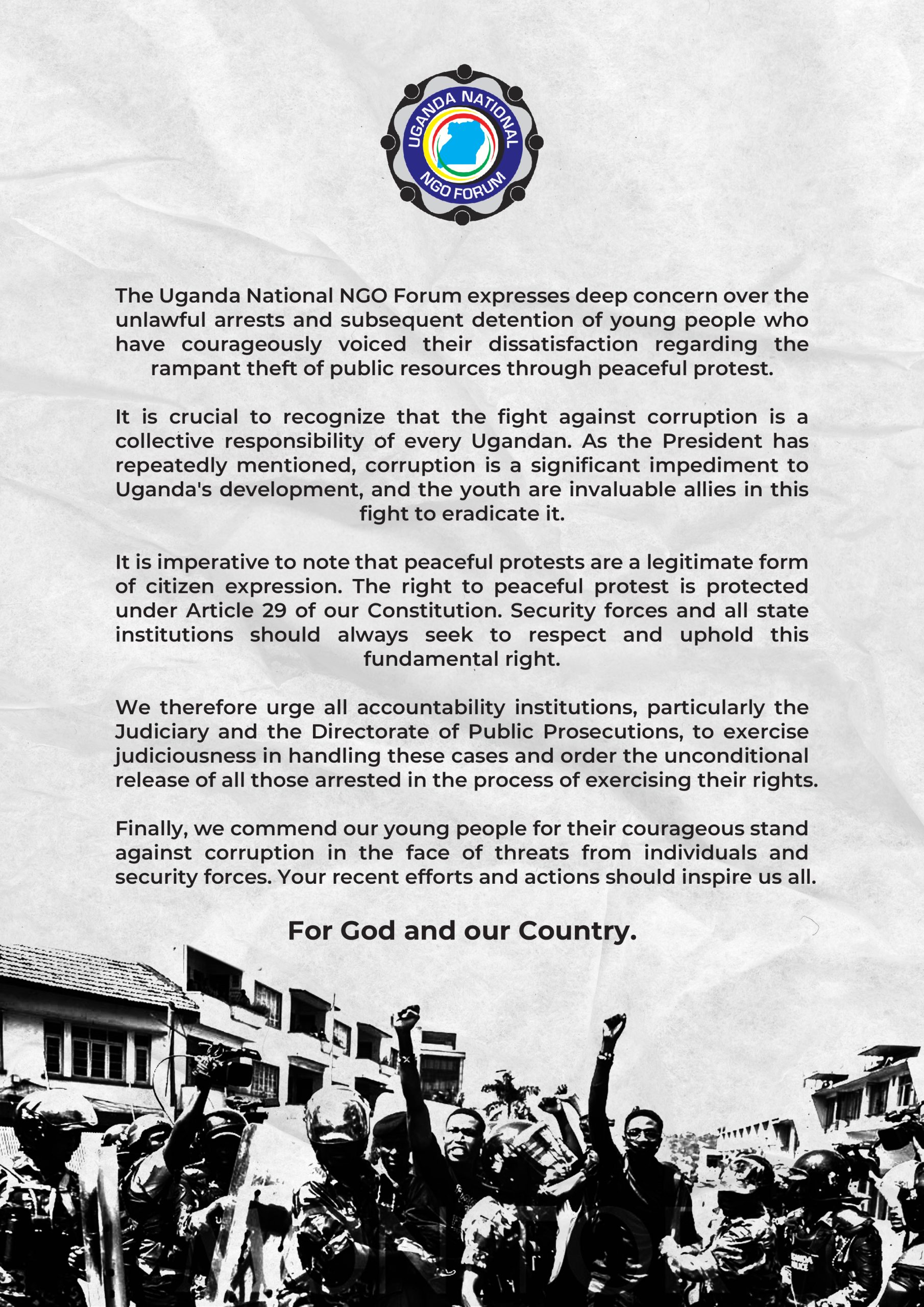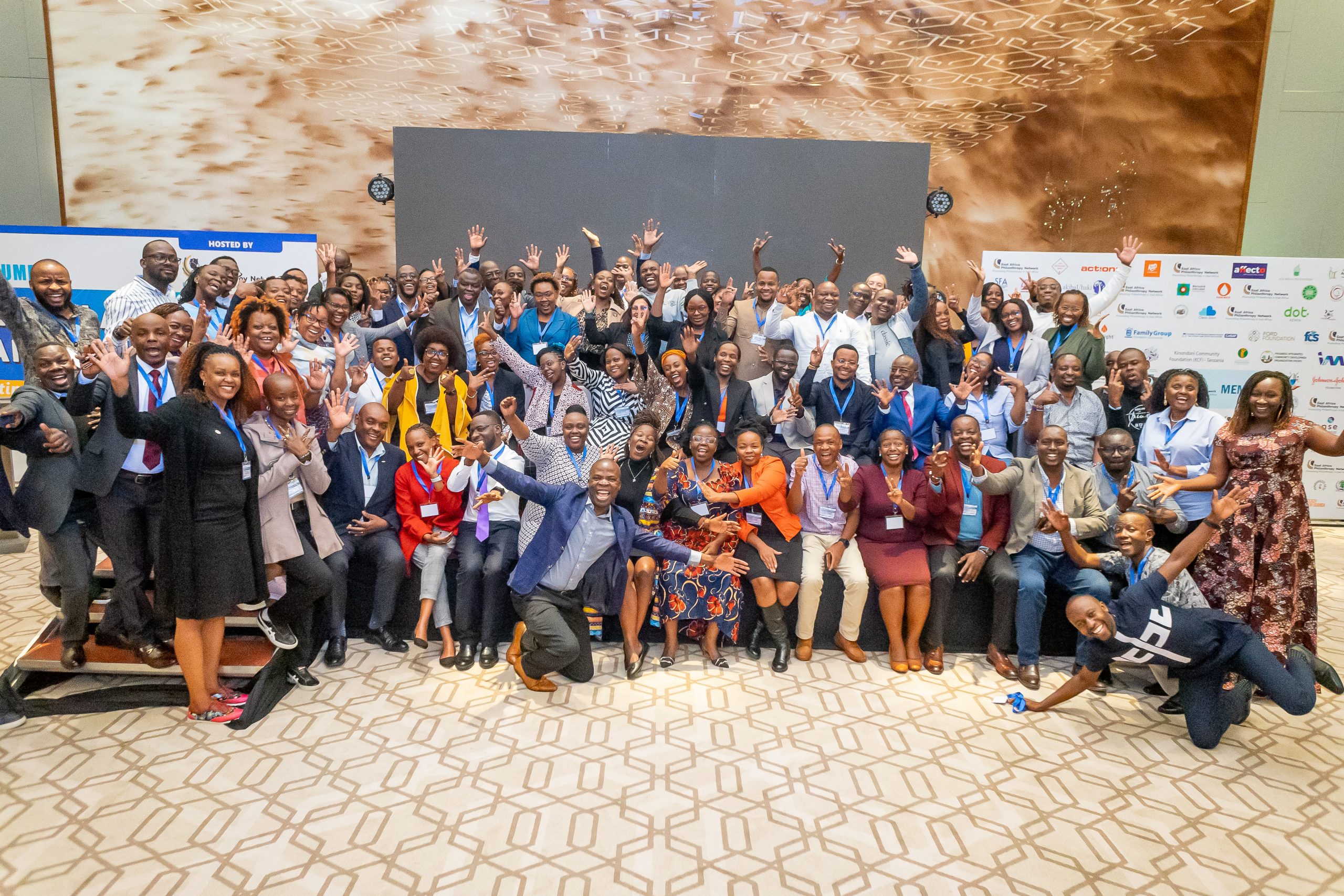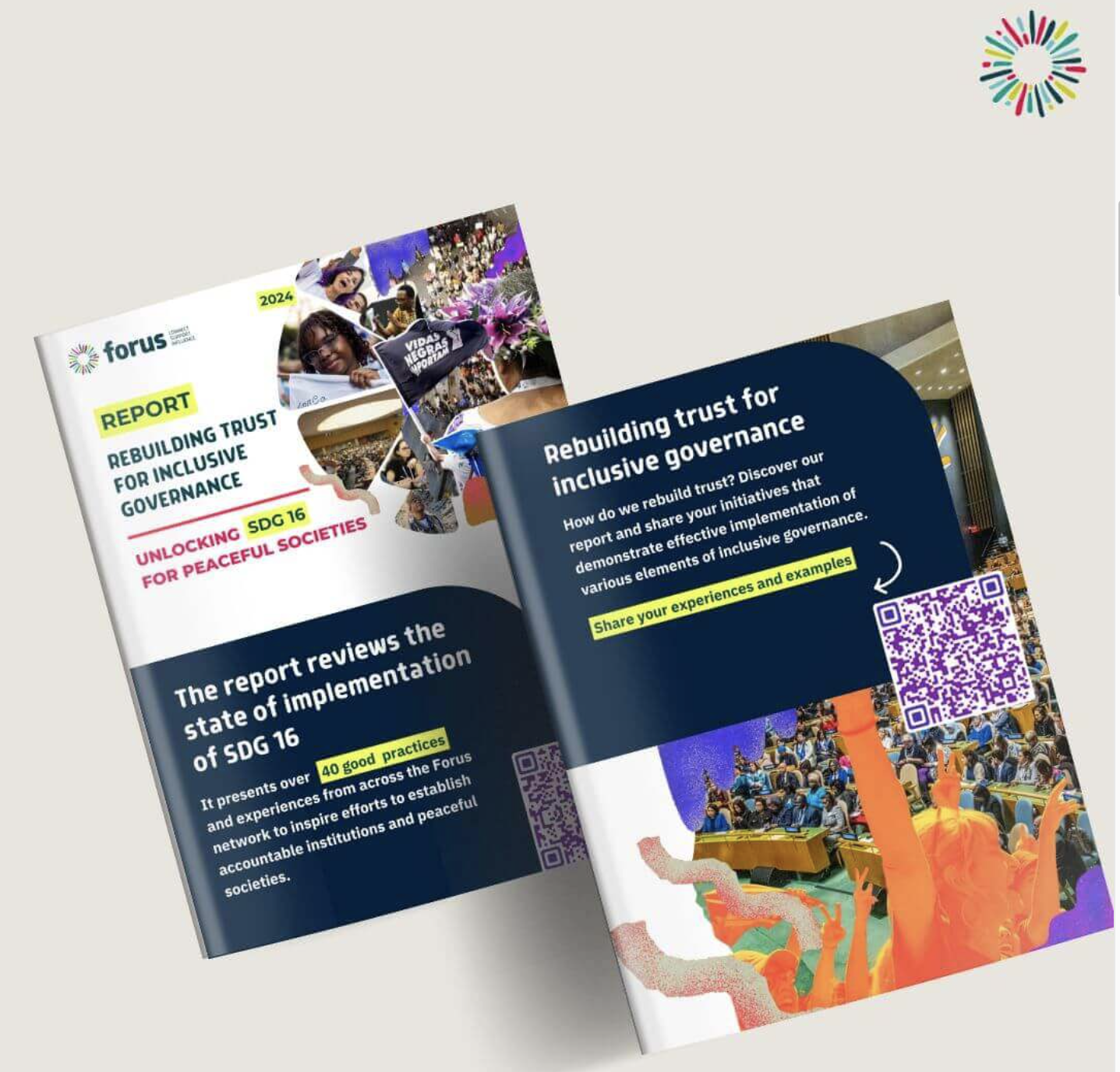
MAKERERE UNIVERSITY’s MANDATORY BLENDED LEARNING IS EXCLUSIONARY
A. INTRODUCTION
Globally, the outbreak of the COVID-19 pandemic has severely impacted communities not only as a public health crisis but also as a threat to socio-economic and political rights. In Uganda, the outbreak has affected a number of sectors and citizens in more ways than one. One of the most pronounced effects manifested in the education sector – with the crisis directly affecting students, parents, education institutions, and proprietors of schools. More specifically, the Presidential directives to close institutions of learning saw 15 Million children out of school[1] which directly compromised their right to education. Unfortunately, these negative effects disproportionately affected young girls with several local Non-Governmental Organisations reporting an increase in cases of teenage pregnancies. For example, the Ministry of Education and Sports indicated that pregnancies among schoolgirls have risen by 30% since the outbreak of Covid-19.
As a result, tertiary institutions were forced to find innovative solutions to continue teaching their registered students. Among these innovations, was the adoption of virtual classes to enable students to access education. Most privately-owned universities continued teaching students via virtual platforms like zoom, enabling some of their students to complete studies within the stipulated time. In 2015, the Makerere University Council approved the Open Distance and E-Learning policy as the most appropriate mode of teaching and learning in modern higher education[2]. To ensure continued learning for students during the closure of schools, Makerere University adopted the use of blended teaching and learning. The student leadership at the university has protested this move and requested the University management to reverse its decision.
This paper, therefore, discusses the key issues arising from recent students’ demands and provides some recommendations on how these can be addressed by the University Administration.
B. KEY ISSUES IDENTIFIED
(i) Mandatory virtual teaching and learning
In October 2020 the President announced the phased re-opening of schools as per the Ministry of Education and Sports guidelines. A recent decision was made by Makerere University Management to continue with the blended mode of teaching and learning with provisions of students attending physical classes only 4 weeks in the semester and in phases[3]. This has caused agitation among the students who feel the University should fully open up to allow them to participate in the physical lectures since the Standard Operating Procedures (SoPs) have been revised especially regarding the number of people allowed for public gatherings, removal of curfew among others. The Vice-Chancellor, Prof. Barnabas Nawangwe, in his press release[4] indicated that the decision to continue with the blended model of teaching and learning was taken before the full reopening of the economy. Therefore, all arrangements for the first semester and subsequent approvals by Senate and Council were made against this background.
While these innovations are commendable, the majority of students from less privileged backgrounds are unable to have equal access to these facilities. According to the 2019/20 Uganda National Household survey, the proportion of the population that owns a computer or laptop is only 2 percent. Additionally, only 9 percent of rural households own a television compared to 42.6 percent of the urban households. This coupled with the low rates of internet penetration[5] means that it is impossible for the biggest percentage of students, especially in rural areas to benefit from virtual or blended learning. Even for those students that might have access to these facilities, the high cost of the internet[6] makes it impractical to sustain online study. All this means that students from the poorest families, with limited internet access, are more likely to be denied education — widening the already deep educational inequalities.
A study conducted by Makerere University researchers[7], (First Published July 7, 2021) on drivers affecting the acceptance and use of electronic learning among Ugandan University Students in the COVID-19 era, also found that high internet costs, poor network coverage, and lack of necessary gadgets (computers and mobile phones) were the major challenges that could hinder implementation. The study further indicates that students and lecturers also lack enough skills of using computers, making e-learning implementation a hurdle. As such e-learning cannot replace face-to-face unless the above-mentioned bottlenecks are addressed.
Recommendation
There is no doubt that, under normal circumstances, in Universities, the transition to online education would enable institutions to reach out to students from underserved areas and underrepresented communities. However, if students from these communities are disproportionately affected by poverty and accessibility challenges, this ceases to be an advantage that accrues from blended teaching. The transition to virtual platforms has laid bare a hierarchy of participants’ (student) rights that favors the haves often to the exclusion of the have nots and this needs attention.
While it is acknowledged that the times have changed, such a policy would have to be implemented with due consideration to the cost and affordability of the majority of students. What has emerged, is that if this policy is implemented in its current form, it is likely to exclude the majority of students who can not afford costs for data and equipment like laptops and smart forms. The University should therefore consider maintaining physical learning as the main option to guarantee that no students are left behind. Virtual learning options can only be availed as an option for those students who can afford them.
Secondly, if online education is to become more inclusive, Makerere University and government must do more to ensure that more learners can benefit from new technologies. That includes prioritizing access to broadband, smartphones, and laptops for all students. This means that government and the University can explore the possibility of donating laptops to all registered students. This would be affordable if the government optimized its public administration expenditure.
Lastly, for better implementation of blended learning, effective prior planning needs to be done with active students’ involvement to avert negative attitudes and potential statements. Makerere University should invest heavily in the improvement of e-learning infrastructure, capacity building, attitude change, and enhancement of e-learning awareness. An objective study should be done on the Universities’ preparedness for the implementation of blended learning. In any case, Makerere University should also collaborate with telecommunication companies to provide subsidized prices for internet costs and information and communications technology (ICT) equipment to students. There is a need for the Government of Uganda to reduce internet costs to enable access to education for all. Meaningful access to digital technologies by the use of the internet supports learners to realize the full range of their economic and social rights including the right to an education that is highlighted as a crucial mechanism for economic growth under Uganda’s Vision 2040.
(ii) Unaffordable fees for the majority of Ugandans
According to the University Fees Structure, students pay functional fees on top of the tuition and this varies with Private Ugandan students paying 860,000 shillings while International students pay 1,500,000 shillings. The functional fees cater for registration, development fees, Library, Sports among others. With such a fees structure, it is evident that accessing University education will continue to become more difficult for the average Ugandan. For example, in Northern and Eastern regions, there are more than 100 people who live per square kilometer[8]. During the launch of the Government’s 2021/2022 national budget process, it was indicated that 25% of the citizens, slid back to living below the poverty line, an increase from 21% at the beginning of 2020. The four percent new returnees to poverty amount to about 1.8 million people in Uganda.
Even though Makerere is a public University, the fees structure continues to be high and unaffordable for the majority of Ugandans. This has had the net effect of limiting access to students from less privileged families. As indicated earlier, the pandemic has exacerbated the already fragile income levels of the majority of families. What this means is that post the pandemic, it is difficult for the majority of Ugandans to afford commodities that they used before the pandemic let alone, the costs for University education. This will continue to affect the majority of poor communities and widen the opportunity gap between the rich and the poor.
Recommendation
Makerere University should consider the request by student leaders to issue a waiver on the functional fees. With the waiver, students would at least be able to meet costs associated with online learning such as mobile data (internet bundles) and electronic learning gadgets. We believe that this is possible especially since some Universities have taken similar steps in the past. For example, Uganda Christian University (UCU), in August 2021 issued a fees structure with functional fees reduced from 983, 000 to 618,000 Shillings due to the unusual disruption brought by COVID19 since classes were held online[9].
(iii) Abuse of Rights to freedom of expression and peaceful assembly
Several Makerere University students led by the Guild President, Ms. Nambasa Shamim went on strike on 7th February 2022 opposing the University’s decision to continue with online learning even when the economy was fully reopened in January 2022. Unfortunately, these protests have been met with high levels of violence from the security agents, arrests, and suspension of some students from the University. According to Vice-Chancellor Professor Barnabas Nawangwe, the students are accused of vandalizing University property, disrupting teaching and learning, inciting violence and physical assault[10]. This is not the first time that student protests in Makerere’s University have been met with disproportionate force by security forces. Over the years, the country has witnessed what is intended as a peaceful protest degenerate into violence littered with raids on student residences. This has often resulted in sexual assault on female students, brutal physical attacks on student leaders, and destruction of property. These actions violate fundamental rights and freedoms enshrined in Uganda’s Constitution and several international statutes.
Recommendation
The right to peaceful assembly and protest is at the core of any democratic society. A University of Makerere’s stature should be at the center of providing space for free expression of dissent. It is therefore unfortunate that Uganda’s security forces have continued to curtail the students’ rights by violently arresting the students in an attempt to quell the protest. It is equally surprising that the University administration has shut down opportunities for dialogue with students and opted for suspending the dissenting students. Targeting students or those peacefully protesting to subdue their freedom of expression and right to assemble is unconstitutional. The criminalization of peaceful protests has never been a solution, especially in the University space. Managing divergent views should be inclusive, participatory, and mutually respectful. We, therefore, call upon the University management to create space for dialogue with the dissatisfied students and their leaders.
C. CONCLUSION
In pandemics, the people on the margins (children, youths, women, and persons with disabilities) often bear the brunt of the pandemic. It is therefore imperative that Makerere University does not compound what is potentially an already difficult situation.
The COVID-19 pandemic upended long-held plans for online learning, forcing critical conversations onto digital platforms that, until March 2020, had never been tested by many educational institutions. While the transition to online platforms was and is necessary, the design and execution of the reimagined virtual learning spaces have been less than ideal, posing risks to the quality and quantity of student participation now and into the future.
The blended mode of teaching will more certainly have negative effects especially widening the inequalities in access to education-related to income and location. It will set back the gains so far attained towards achieving the Sustainable Development Goals (SDGs) especially, SDG 4 on quality education. This is especially true if the government and the University fail to provide the requisite facilities, carry out the necessary consultation and sensitization. It is therefore imperative for Makerere University to reconsider and look out for the best interests of the students and create a better environment for access to education for all.
CLICK HERE to download the PDF version of the Brief
[1] Uganda Education Covid19 briefing note – Keep children learning and safe while schools are closed.270320.
[2] The Open Distance and E-Learning Policy, MUK (2015)
[3] Press Release: Continuation of blended Teaching and Learning.
[4] Press Release: Continuation of blended Teaching and Learning.
[5] A 2018 survey conducted by Research ICT Africa (RIA) indicated that Uganda had one of the lowest internet penetration rates with a huge urban-rural gap in internet use of about 70 percent.
[6] a study by the Uganda Communication Commission (UCC), indicates that Uganda has the highest priced internet in East Africa. The cost of acquiring one gigabyte of the internet is at UGX 9,819 compared to East African counterparts
[7] Nelson Twinamasiko1*, Julius Nuwagaba1*, Anna Maria Gwokyalya1*, Innocent Nakityo1*, Enock Wasswa1*, Emmanuel Sserunjogi1*
[8] See, Uganda Bureau of Statistics
[9] https://ucu.ac.ug/ucu-slashes-functional-fees/
[10] https://www.independent.co.ug/twelve-makerere-university-students-suspended-over-demonstration/



